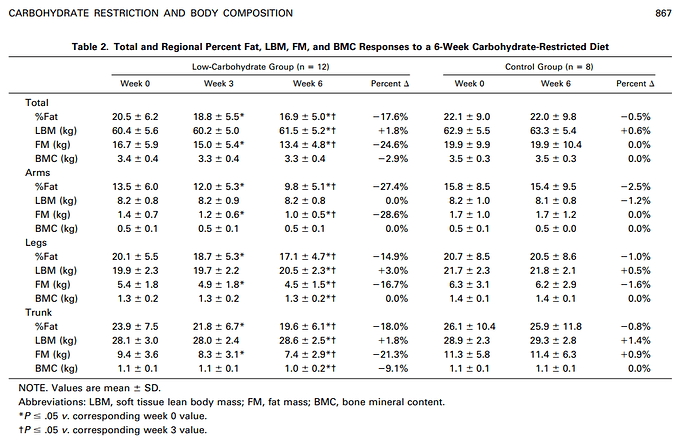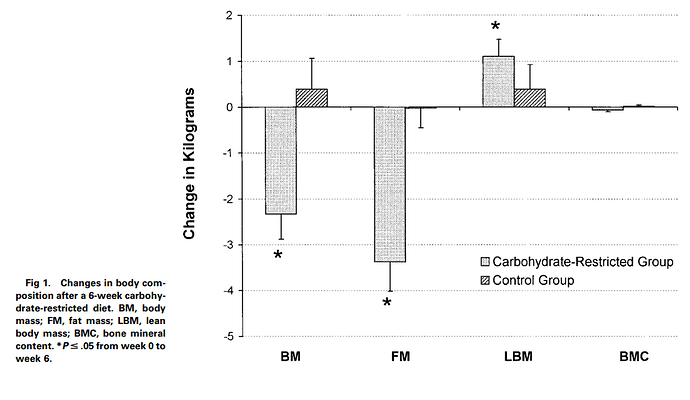this post is way old LOL but EVERY HUMAN BODY is this:
Anabolism and Catabolism. Anabolism is the metabolic process that transforms simple substances into complex molecules. Catabolism is where complex and large molecules are broken down into small ones. Anabolism is the constructive one. Catabolism is the destructive phase of metabolism. ( on this think fat cells breaking down) and (think older cells breaking down to ‘renew’ into stronger cells and purging the ‘bad’ which is why they change in their own self to better). Anabolism is an endergonic reaction. —In chemical thermodynamics, an endergonic reaction (also called a heat absorb nonspontaneous reaction or an unfavorable reaction) is a chemical reaction in which the standard change in free energy is positive, and an additional driving force is needed to perform this reaction.
We are both. ALL PHYSICAL BODIES are both at all times on ANY menu one eats. There is no we are only cataboic or anaboic ever from a physical standpoint.
These terms as ‘science’ deemed them are happening 24/7, 365 all thru our lives in the human body constantly so to say that Keto is catablic is correct!! BUT WHAT ‘tone does it give’ and how is it being used? THAT is the question cause if it is deemed ‘hurting people being catabolic on Keto’ then that is BS to the ultimate LOL
we are both at the same time on any menu at all times.
SO??? what out of context views are happening I am not sure on the original post chat on it all but one thing is for sure, we break down and build up ALL the time in our bodies. There is 0 black and white on this eating Keto or XYZ or eating vegan or anything at all. So to say Keto Plan is catabolic is, hmm, yea ‘small’ correct but never is a bad thing ever…so??
ok just chat on it as I read the first post and thought there is no black and white firm stance ever on are we catabolic or anabolic and is all perfect or horrifying on our menu or eating plan. This just does not fit at all.
unless I missed something that was being said in general on it all?
ok…whatever 






